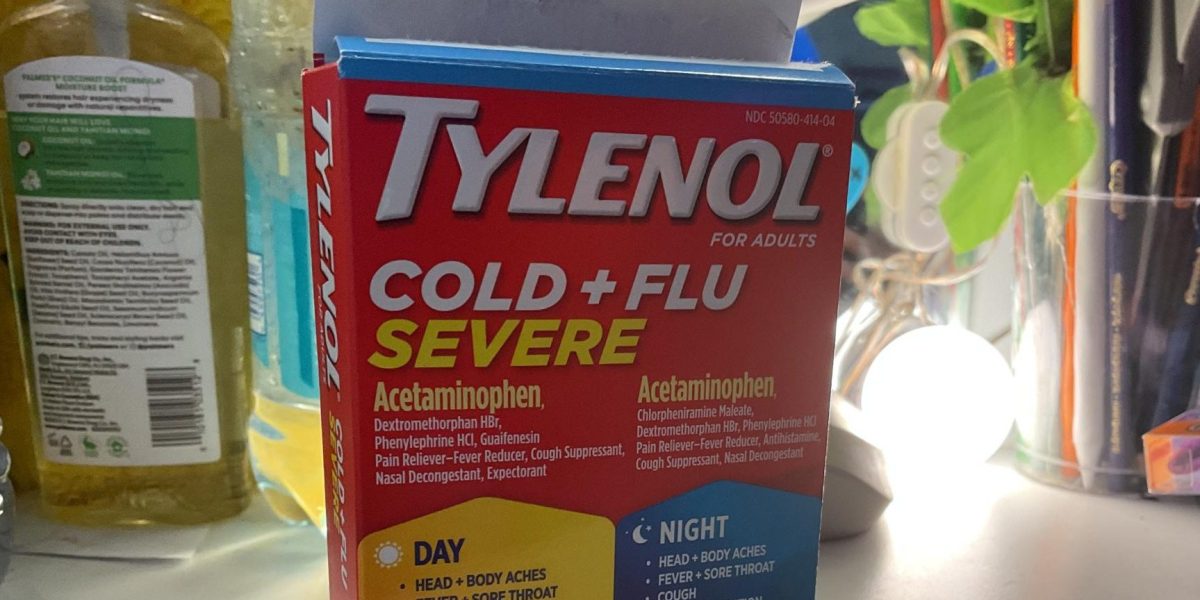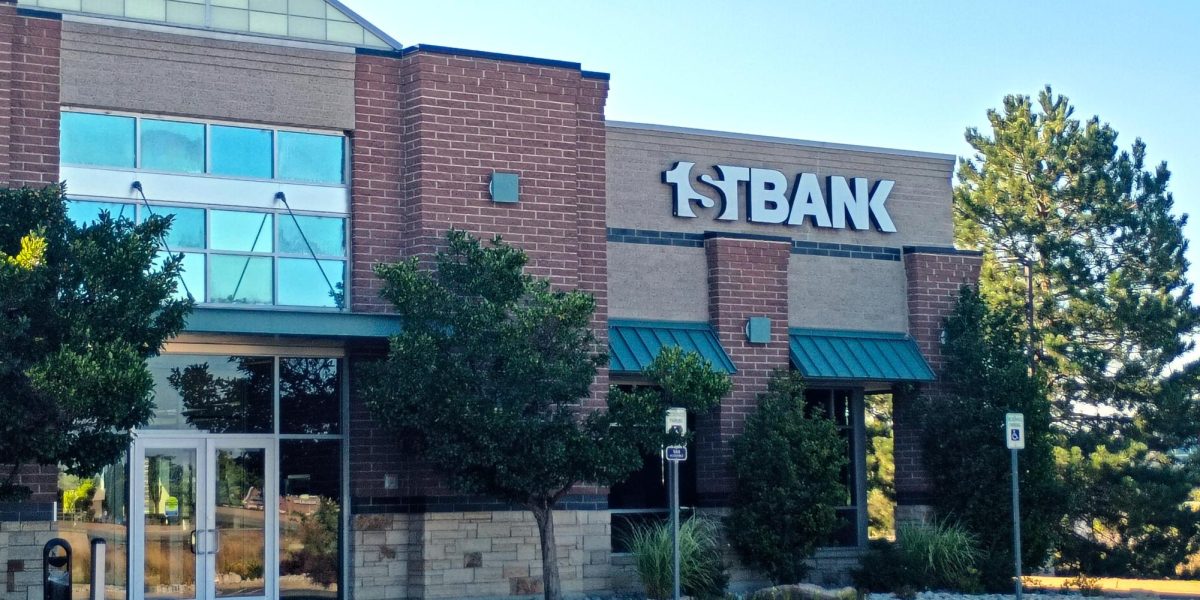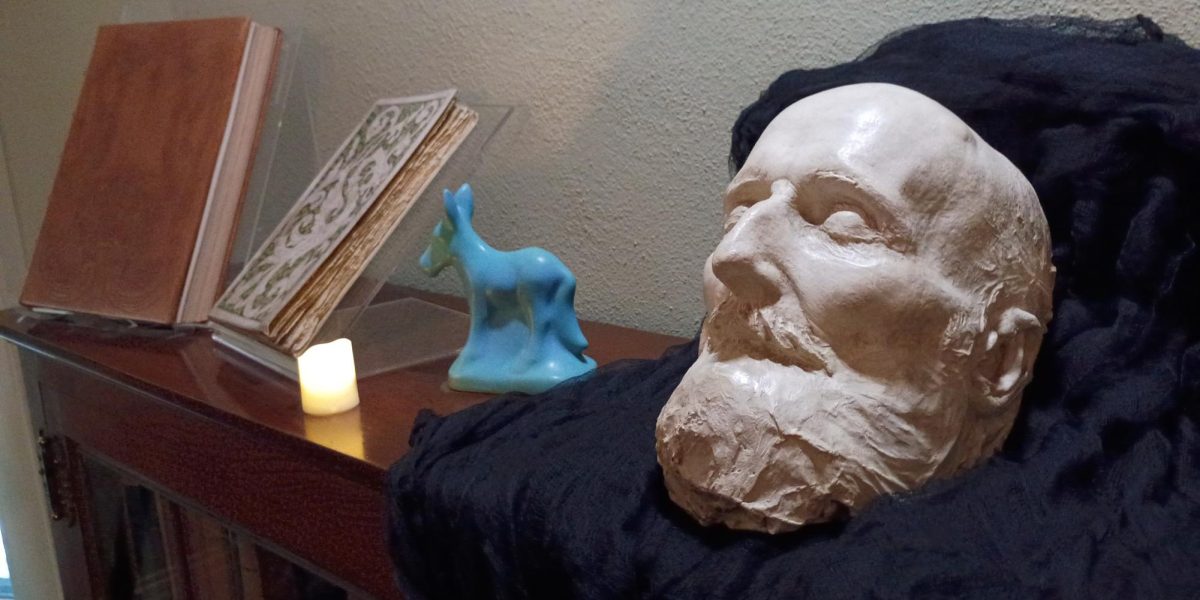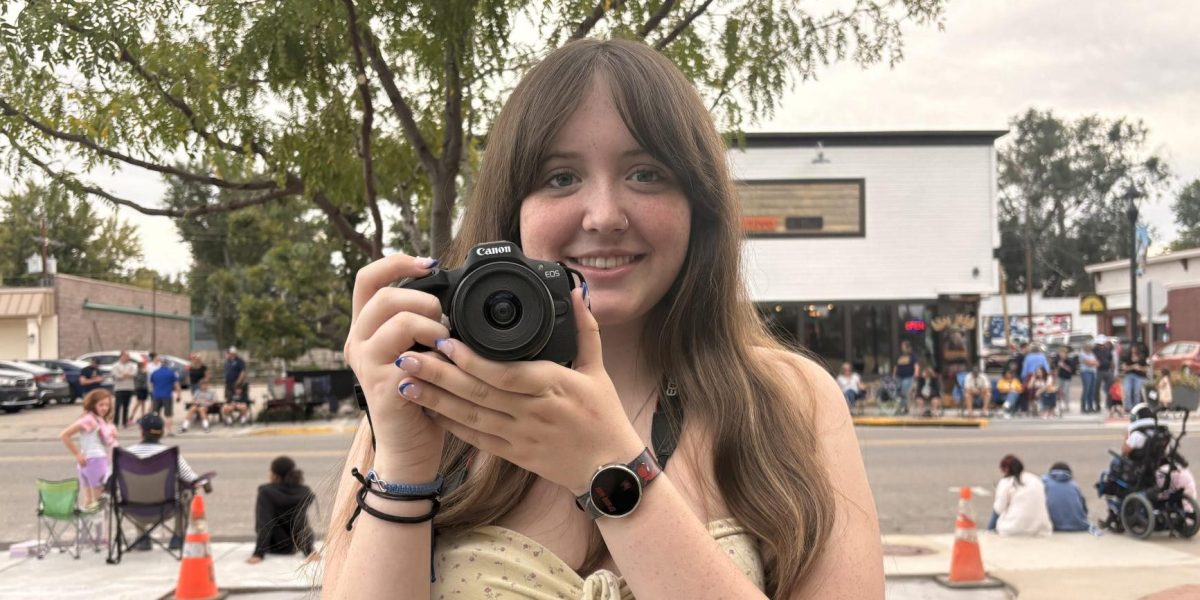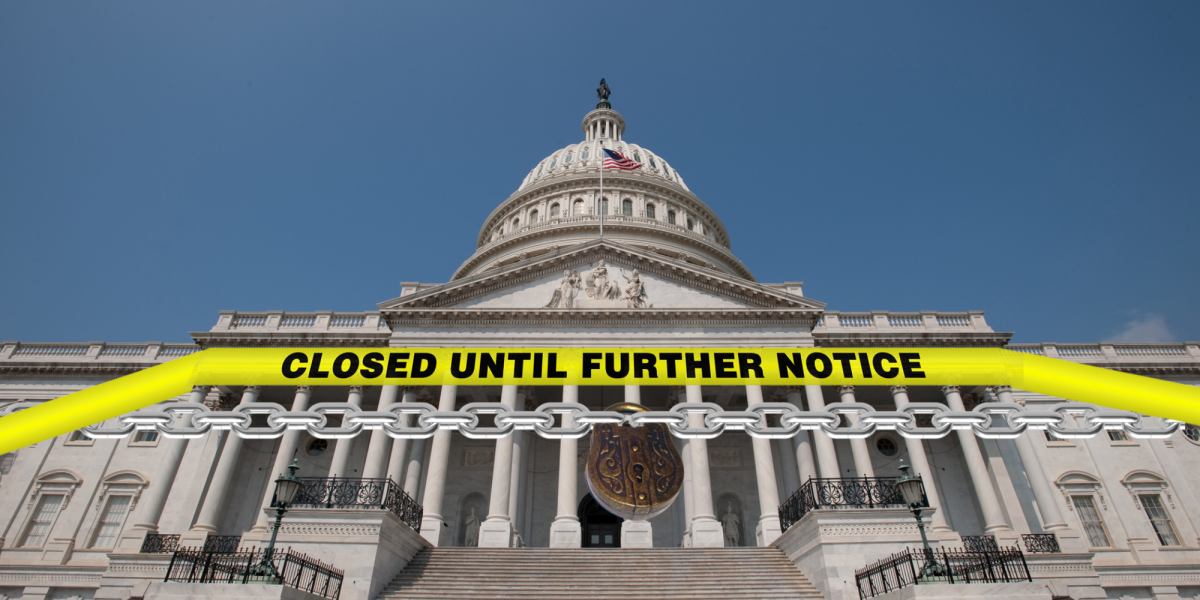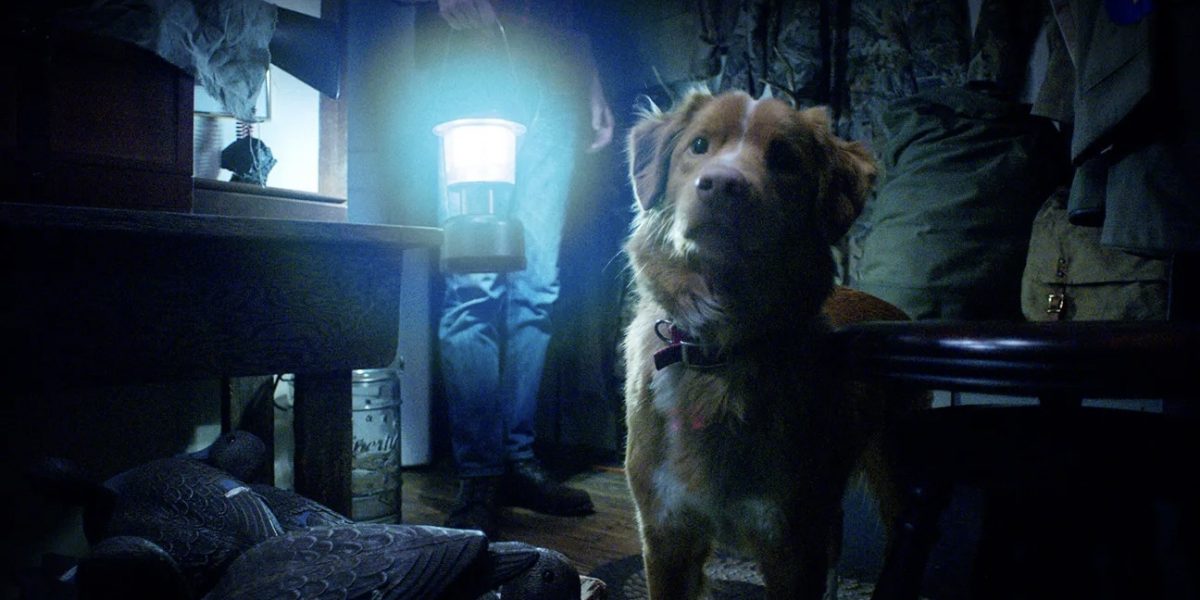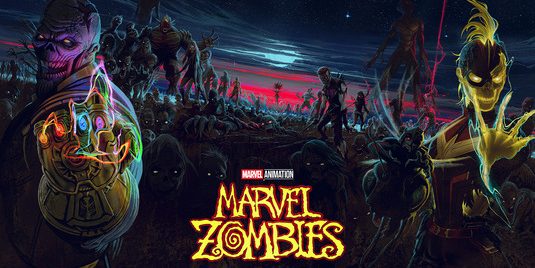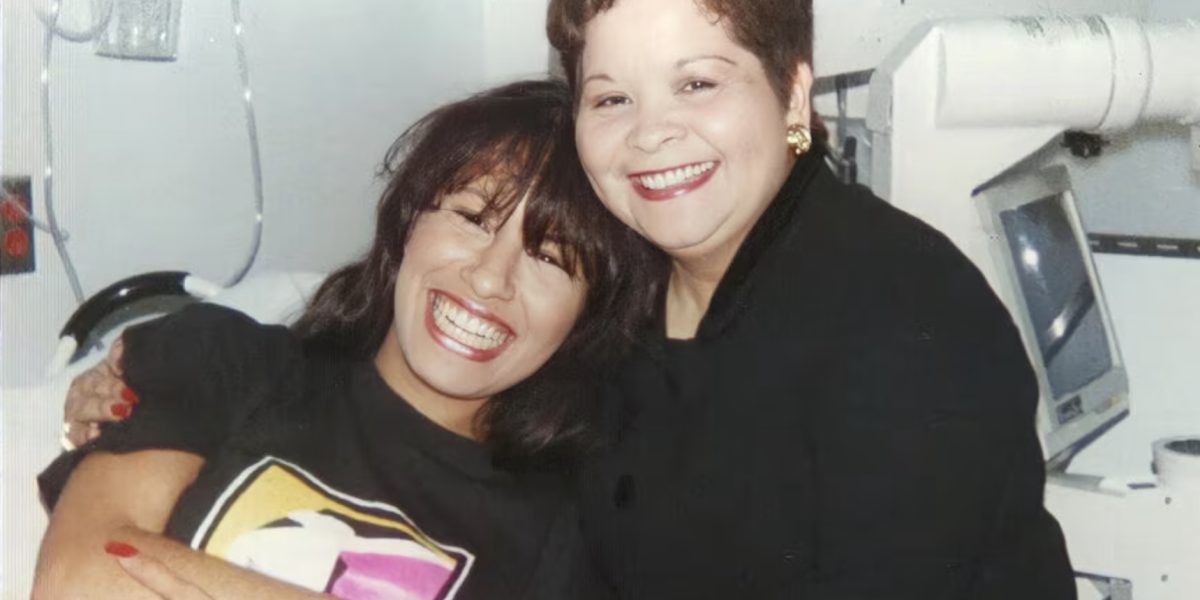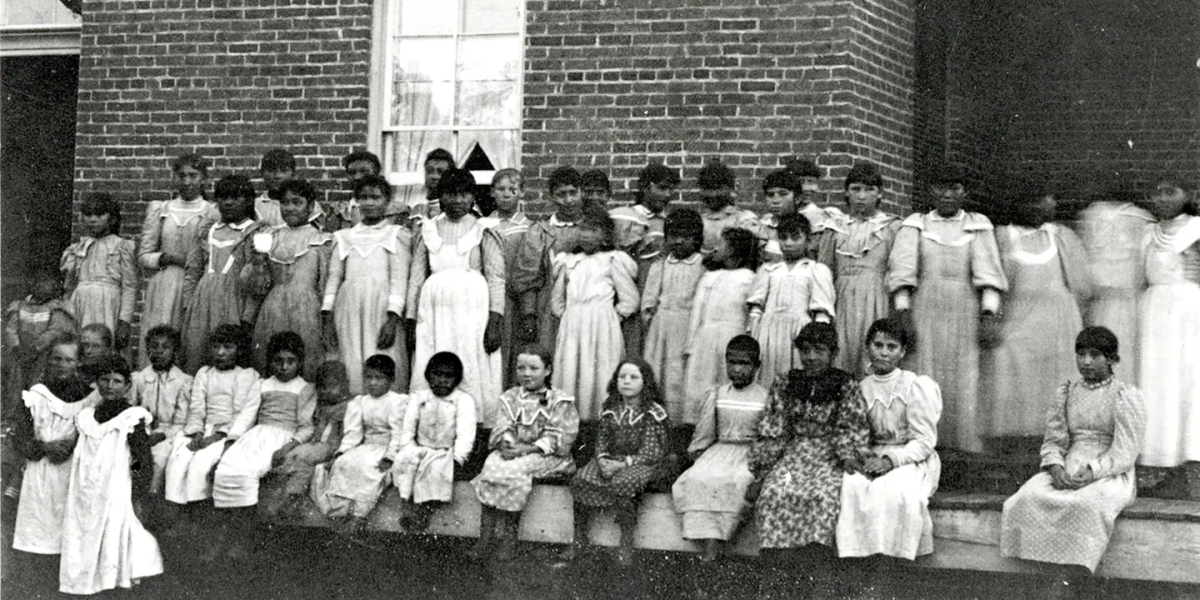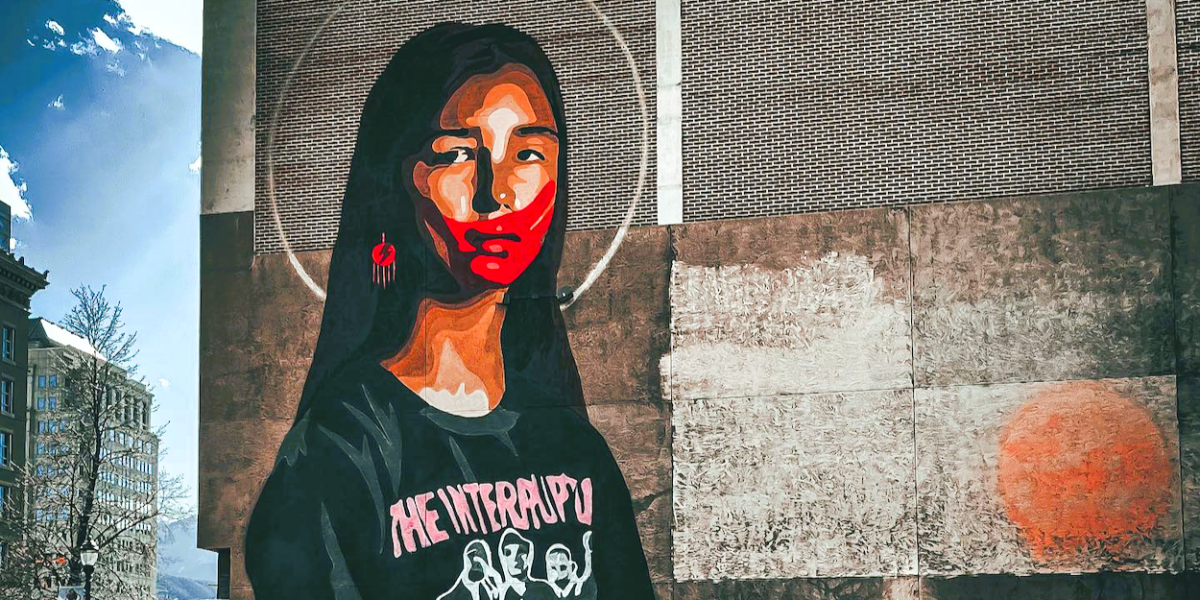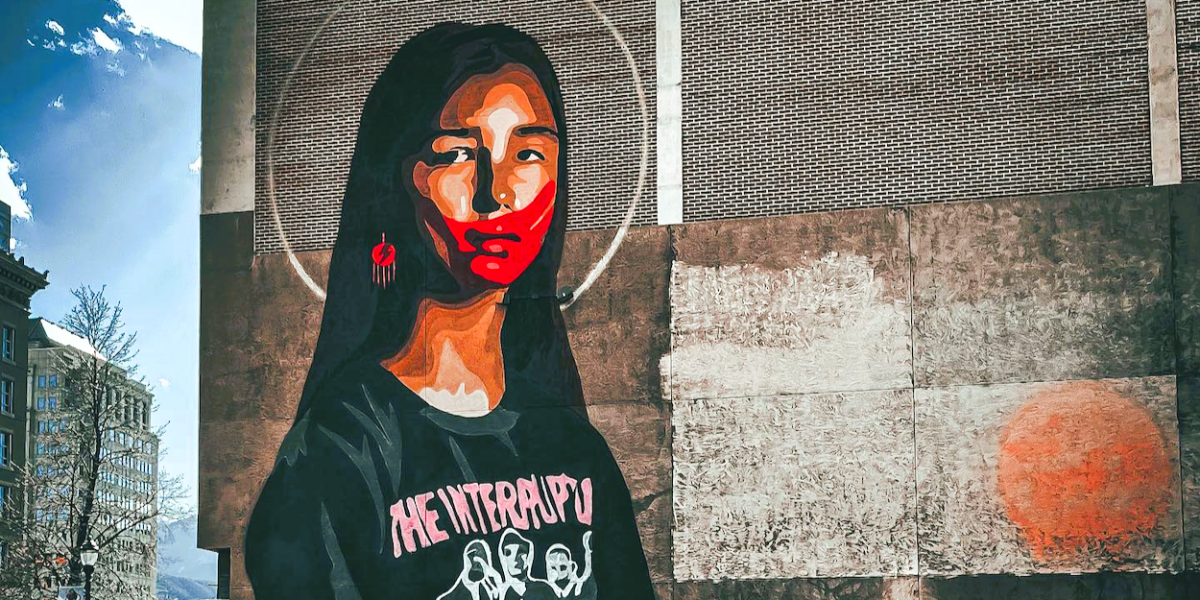The case of Lyle and Erik Menendez, convicted in 1996 for the 1989 murders of their parents, Jose and Kitty Menedez. The case has gained a lot of attention, has resurfaced in public discourse, making a possible resentencing for their crime that could make them eligible for parole. This renewed interest is fueled by compelling family testimonies, newly discovered evidence, and significant media coverage.
Background: The 1989 murders and initial conviction
On August 20,1989 in Beverly Hills California, Erik and Lyle Menendez shot and killed their parents in the den of their home. Hours later Lyle called 911 claiming that someone killed their parents. Despite their claims, suspicions rose around the brothers due to their behavior such as spending their parents money lavishly and deleting their fathers will. These actions led to investigators looking into the case again.
Subsequently Erik confessed to the murders during a therapy session with Dr. L. Jerome Oziel. Who later reported the conversation to the police. The brothers were convicted of first-degree murder and sentenced to life in prison without the possibility of parole. Despite their claims that they acted in self defense after being abused for years the court had the idea they were premeditated and financially motivated.
Legal Developments: resentencing efforts and challenges
In 2024, Los Angeles County District Attorney George Gascón recommended reducing the brothers’ sentences from life without parole to 50 years to life, citing new evidence of childhood abuse and their rehabilitation efforts. This recommendation aimed to make the brothers eligible for parole.
However, upon taking office in December 2024, District Attorney Nathan Hochman opposed resentencing, stating that the brothers had repeatedly lied about their motives and had not fully accepted responsibility for their actions. Hochman emphasized the need for the brothers to demonstrate genuine remorse and take full accountability before any consideration for resentencing.
In response, the Menendez brothers’ legal team filed a motion to disqualify Hochman from the resentencing case, claiming potential bias and highlighting the support from extended family members advocating for the brothers’ release.
The resentencing hearing, initially scheduled for January 30 and 31, 2025, was postponed to March 20 and 21 due to Southern California wildfires affecting preparation. It was delayed again to allow the new district attorney time to review the case. As of March 24, 2025, the hearing is set to proceed with a deadline to finalize proceedings by June 13, 2025.
New Evidence: Allegations of abuse and corroborative testimonies
Recent revelations have brought new perspectives to the case. A letter purportedly written by Erik Menendez in 1988 was discovered among the belongings of a deceased friend. In this letter, Erik describes ongoing abuse by his father, José Menendez, suggesting that the mistreatment continued into the period leading up to the murders.
Further corroborating these claims, former Menudo band member Roy Rosselló has alleged that José Menendez sexually assaulted him in the 1980s. Rosselló’s affidavit adds weight to the argument that José Menendez exhibited a pattern of abusive behavior, which may have extended to his sons. Legal experts argue that this new evidence could have influenced the original trial’s outcome, potentially leading to a conviction on lesser charges.
Public and Media Attention: The role of media in shaping public opinion
The resurgence of interest in the Menendez case can be largely attributed to recent media portrayals. Netflix’s documentary series, The Menendez Brothers, has reignited public debate by presenting new evidence and perspectives on the case. The Los Angeles District Attorney’s office noted an influx of public inquiries following the series’ release, prompting a reevaluation of the brothers’ sentences.
This media attention has not only influenced public opinion but also placed pressure on legal authorities to reconsider the case, highlighting the significant role of media in shaping legal proceedings.
Family support: Advocacy for resentencing
The Menendez brothers have garnered support from various family members advocating for their release. In a notable development, two of their aunts testified in favor of their release during a resentencing hearing. Joan Andersen VanderMolen, Kitty Menendez’s sister, and Teresita Baralt, José Menendez’s older sister, both expressed a desire for their nephews to return home. They highlighted the brothers’ enduring remorse and the emotional toll of their prolonged incarceration.
Additionally, public figures have voiced their support. Comedian Rosie O’Donnell, who maintains regular communication with Lyle Menendez, has been vocal about her belief in his rehabilitation and potential for reintegration into society. O’Donnell began communicating with Menendez in 2022 after watching a documentary about the case, which alleges that Lyle and his brother Erik had suffered years of sexual abuse by their father before murdering their parents in 1989.
Expressing hope for their release, O’Donnell believes in their potential rehabilitation and insists on maintaining hope for those serving life sentences. During a prison visit, Menendez introduced O’Donnell to a dog-training program for children with autism, inspiring her to find a service dog for her 12-year-old child, Clay, who has autism. Since then, Clay has shown significant improvements, prompting O’Donnell to create a short documentary, Unleashing Hope: The Power of Service Dogs for Children with Autism, now streaming on Hulu.
A complex intersection of justice, family, and public perception
The Menendez brothers’ case stands at a complex intersection of legal scrutiny, familial support, and public interest. The newly uncovered evidence and the testimonies from family members advocating for their release have brought renewed attention to the circumstances surrounding the murders. As the legal system contemplates the possibility of resentencing, the case underscores the evolving nature of justice and the impact of public discourse on legal outcomes.
The forthcoming resentencing hearing scheduled for June 13, 2025, will be a pivotal moment in determining whether the Menendez brothers will be granted a reduced sentence or remain incarcerated. The outcome may not only affect their futures but also set a precedent for how similar cases are approached in the future.


